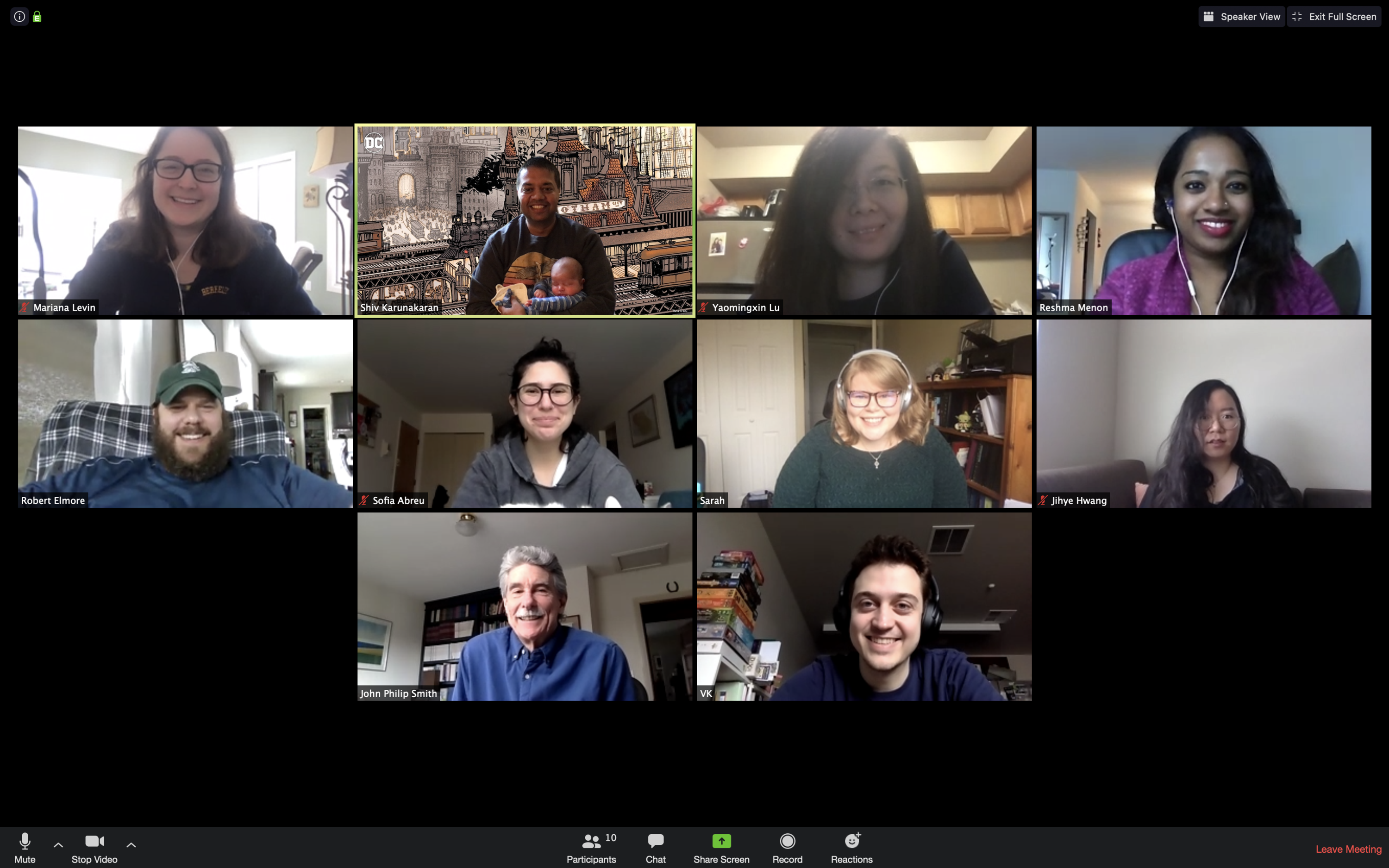Tracking the Longitudinal Development of STEM Majors' Autonomy and Agency in Mathematical Proof and Proving
(T2P)

Principal Investigators: Shiv Smith Karunakaran (PI; MSU), Jack Smith (Co-PI; MSU), Mariana Levin (Co-PI; Western Michigan University)
Graduate Students: Sofia Abreu, Sarah Castle, Bob Elmore, Jihye Hwang, Valentin Küchle, Yaomingxin
Lu (WMU), and Reshma Menon.
Funding: National Science Foundation: DUE-IUSE Award
Dates the project is funded: March 15, 2019 - February 28, 2022
Student attrition from STEM majors undermines the nation's ability to develop a STEM workforce that can lead the knowledge-based economy. A poorly studied point of attrition occurs at the transition from lower- to upper-division mathematics courses. This three-year research project intends to examine this transition by tracking the development of college students' mathematical agency and autonomy as they move into upper division math courses that emphasize mathematical proofs and argumentation. For this work, agency refers to the student's capacity to take the initiative for their learning; autonomy refers to the student's ability to take responsibility for their learning. The project team will investigate the agency and autonomy of students who are majoring or minoring in mathematics over time, as the students work through an introduction to proof course and into advanced proof-based courses. The project will contribute new knowledge about students' development as mathematicians over the course of their college education.
Learning the concepts and skills needed for mathematical proofs and proving is a fundamental learning challenge for most college students, as their prior mathematics work has emphasized "exercises" (not problems), procedures modeled by instructors, and mastery via practice. This project aims to understand the dynamics of the change that happens as students move from computation-focused work to proof-focused work. This information could inform improvements in introduction to proofs courses, in instructional practices, and in support structures such as Math Help Centers, so that students are better supported as they make the change. More broadly, this information can deepen understanding of how college students make choices about whether to continue in or leave challenging courses and majors. Consequently, this study holds promise for improving both students' experience in and the overall "flow" through the STEM pipeline. The project will recruit a sample of 20-30 students and track their experiences in proof-based courses for five semesters. In that period, mathematics minors will take two proof-based courses, and mathematics majors typically will take four or five. Primary data will include interviews with students early and at the end of their mathematics courses (including work on proof tasks), observations of students as they work inside and outside of class, and course materials such as assignments and exams. A qualitative analysis will produce dynamic profiles of the of positive and negative changes in students' agency and autonomy over the five semesters. These results will complement and potentially help to explain student outcomes such as course grades, enrollment in additional math courses, and persistence in the mathematics major or minor.